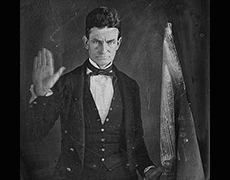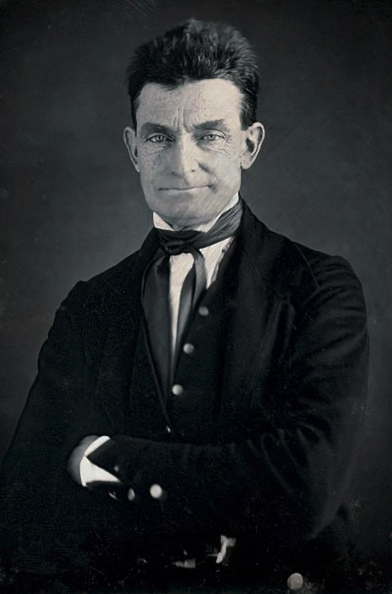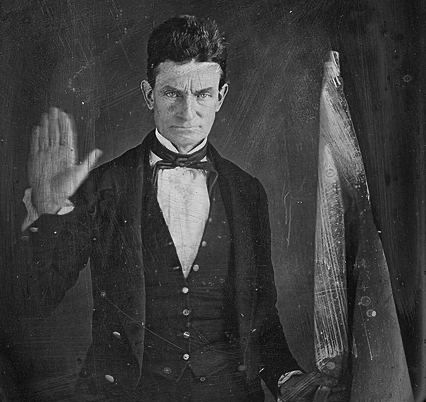
John Brown (May 9, 1800 – December 2, 1859) was an American abolitionist who believed in the violent overthrow of slavery. He led several armed expeditions, most famously the raid on the federal armory at Harpers Ferry in Virginia (now West Virginia) in 1859. The raid was intended to start a slave rebellion, but was quickly defeated by U.S. Marines led by Robert E. Lee.

Brown was born in Torrington, Connecticut and grew up in Ohio. He was a devout Calvinist and believed that slavery was a sin. He became involved in the abolitionist movement in the 1850s and advocated for armed resistance to slavery. He believed that violence was necessary to end slavery and believed that God had called him to this mission.
In 1856, Brown and his followers killed five pro-slavery settlers in Kansas in what became known as the “Pottawatomie massacre.” This act of violence marked the start of the conflict known as “Bleeding Kansas” and helped to escalate tensions leading up to the Civil War.

Brown’s raid on Harpers Ferry was a significant event leading up to the Civil War. He and a small group of followers seized the armory and took hostages, but were quickly surrounded by local militia and U.S. troops. After a two-day siege, Brown and his men were captured and he was subsequently tried and executed for treason, murder, and inciting a slave insurrection.
Brown’s raid galvanized both the North and the South and helped to push the nation closer to civil war. In the North, he was seen as a martyr for the cause of abolition, while in the South he was seen as a dangerous fanatic.
John Brown’s legacy is complex and controversial. Some see him as a hero and a martyr for the cause of freedom and equality, while others view him as a terrorist who resorted to violence for a noble cause.
Nevertheless, his actions helped to bring the issue of slavery to the forefront of American political discourse and played a role in the eventual end of slavery in the United States.

